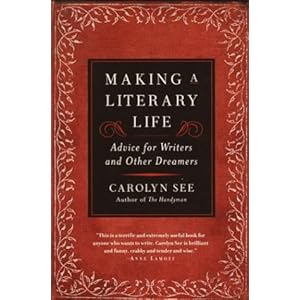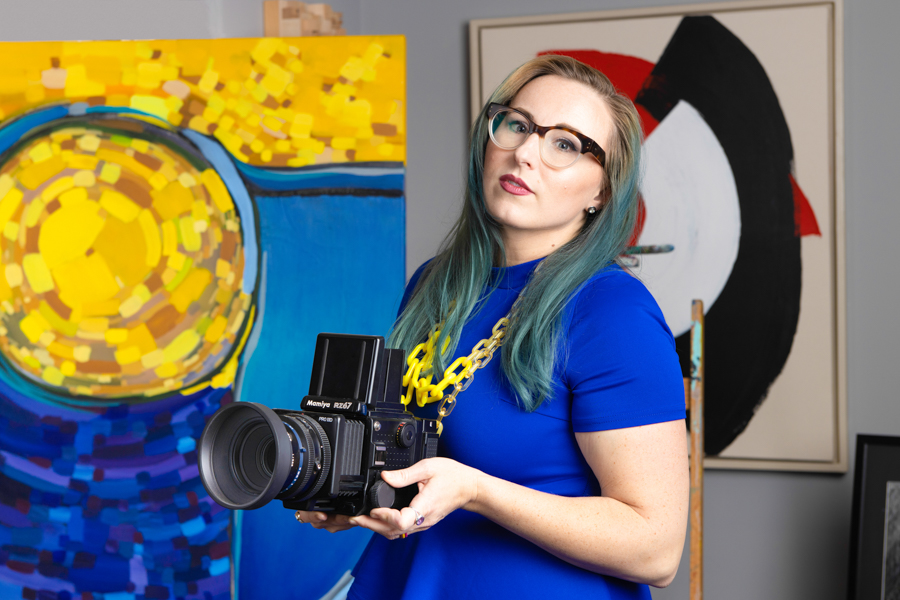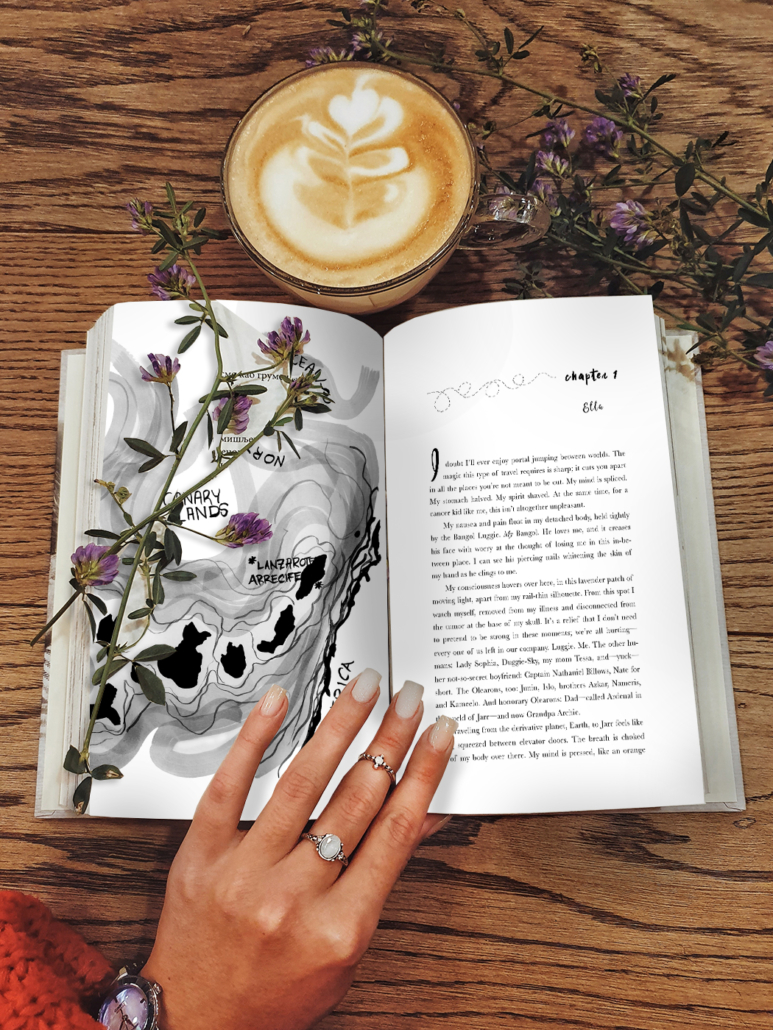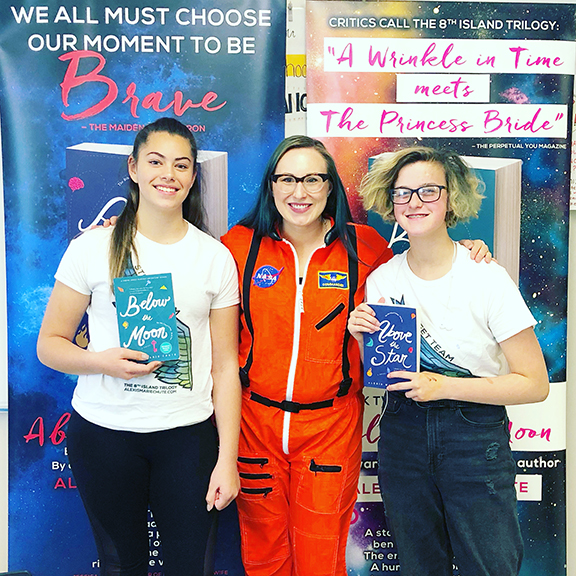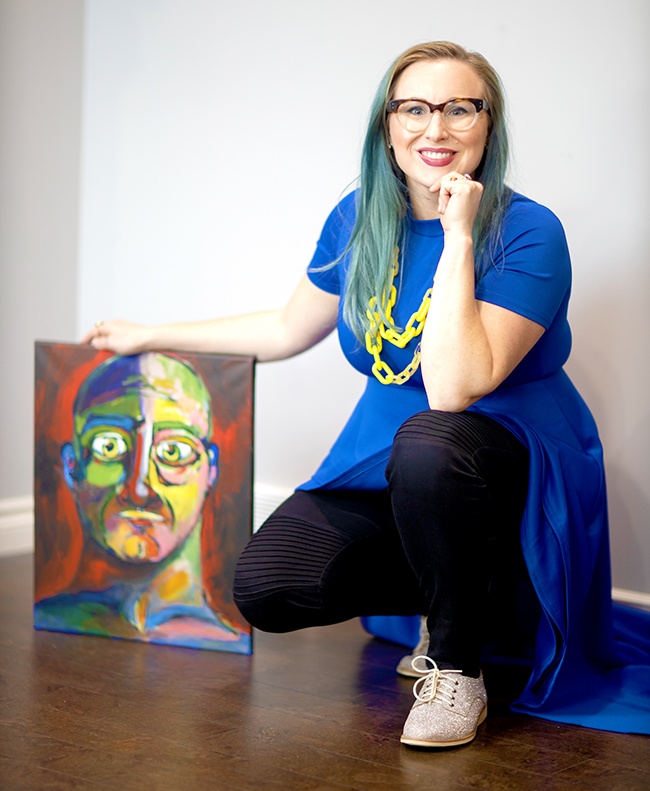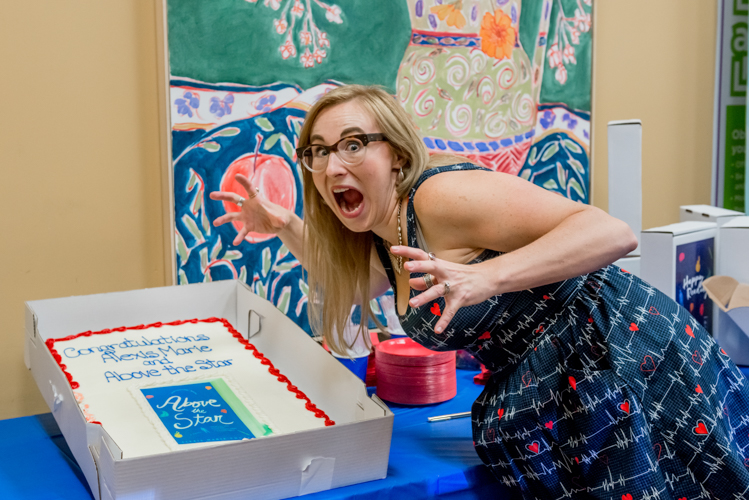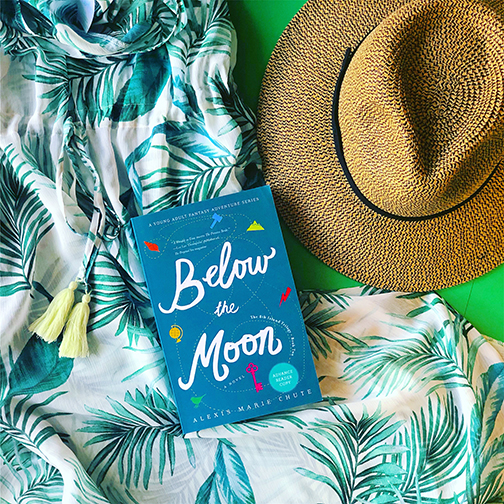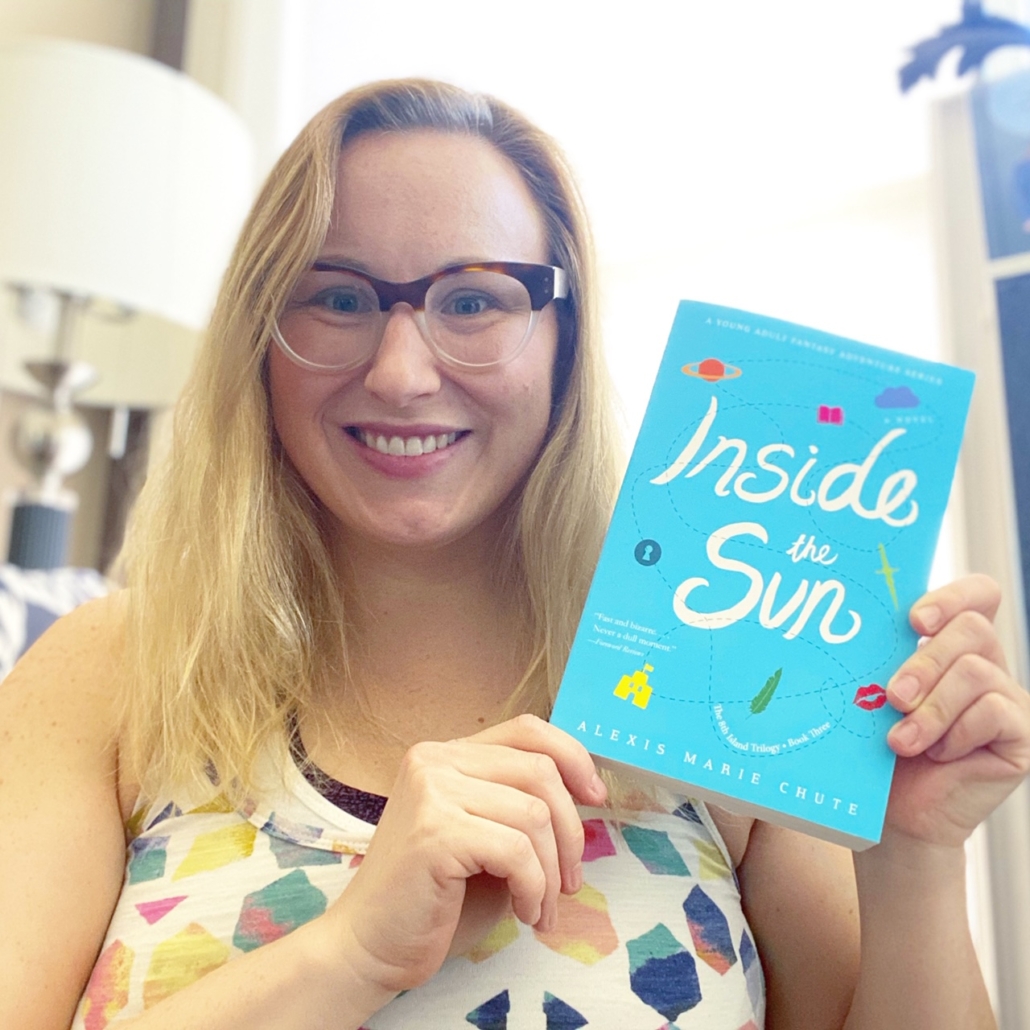Writing about Difficult Subject Matter
Writers amongst other artists have the amazing ability to challenge, question, critique and explore our society.
They ask:
– What do we believe as a people?
– Why do we believe this?
– Is there another way?
Many individuals have mixed feelings about writing about controversial topics and taboo subjects. There is a part of me that relates to that and wants to keep the peace, not rock the boat, and ensure everyone is happy. That’s the boring side of me though and she often takes backseat to the other part that’s BOLD and COURAGEOUS.
I want my work to matter and because of this I need to write about what matters to me first and foremost. My topics often seen unpopular or reflect a concealed part of accepted human behavior. For example, for the last two and a half years I have been writing about the death of my son, managing grief and finding healing. It never fails to amaze me how these topics make people uncomfortable – unless they have lived through them. People who have lost a loved one speak my language and I to them. Those are the people who I write for with this focus on bereavement.

The Three Minus One anthology features an essay I wrote where I reveal my raw state of sorrow in the early days after my son died. Read more about Three Minus One.
The different topic I’m embarking on with my new writing at the moment is also somewhat taboo yet equally important I believe to bring into the open. That’s what I care about: opening up topics that should be talked about, breaking the silence. I ask myself all the time: Why are these things hidden? Should they be? What will happen if I talk about them? Will I tarnish my reputation? Spontaneously combust? Will my work be accepted? How can I change the world?
Here are four principles that provide internal navigation for me in writing about difficult subject matter:
– When you are just beginning to write, do not think about who will read your words. Write from the heart.
– Tell the truth. The truth is scary but needed in our day and age. Your work will matter and stand the test of time if it reflects the time it which was penned.
– If it matters to you, it will likely matter to other people. They are who you write for.
– If it crashes and burns, who cares? You only live once and might as well give it all you’ve got.
What helps you when you have a challenging topic on your mind? How do you get your thoughts down on paper and out into the world?









